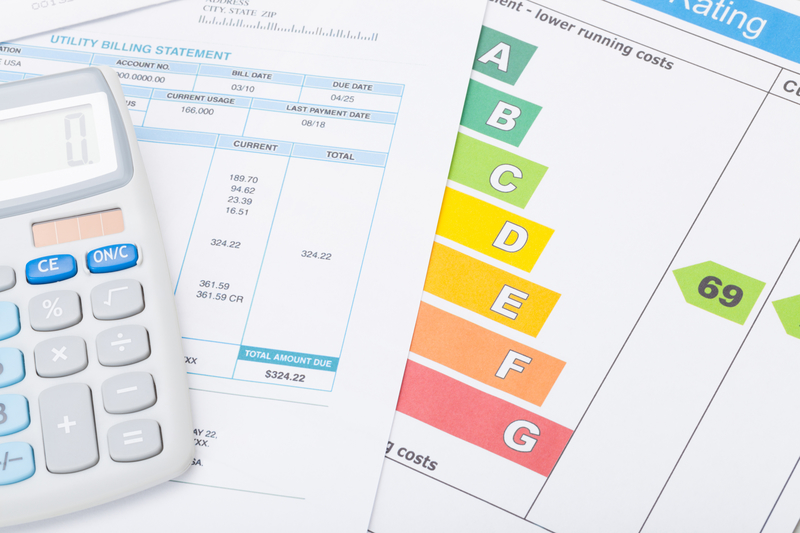In the realm of real estate, keeping housing costs to a minimum is a prudent goal that can lead to long-term financial stability. Whether you’re a homeowner, a first-time buyer, or planning for retirement, there are strategies that can help you achieve this objective.
Pay Off Your Mortgage
Paying off your mortgage is a major milestone that can significantly reduce your monthly expenses and free up cash flow. As you approach retirement or simply aim to cut down on housing costs, consider strategies to accelerate your mortgage payments. Making extra payments or refinancing to a shorter loan term can help you pay off your mortgage sooner, reducing the overall interest you pay. You don’t have to be rich or live on a tight budget to make extra mortgage payments. Prioritizing an extra payment each month can be easier than you think. The less interest you pay, the more money you’ll have available to spend on other things. With careful planning and dedication, it’s possible to pay off your mortgage earlier than expected. Once your mortgage is paid off, you’ll have more financial flexibility and can allocate the money you were putting towards your mortgage towards other important expenses or savings goals.
Make Your Home Low-Maintenance
Home maintenance can feel overwhelming, causing many people to downsize when they retire. You can take steps to make your home low-maintenance, which can help keep costs down while ensuring a comfortable living environment. Consider investing in durable materials and finishes that require less frequent upkeep. Regularly inspect and address any maintenance issues promptly to prevent them from becoming more significant and costly problems over time. Investing in quality materials, tools, and products can help you save money by reducing the amount of maintenance required. Energy-efficient appliances are highly beneficial because they use less power and don’t require as much repair or replacement as traditional items. Durable flooring and countertops can last for decades without requiring extensive upkeep. Creating a maintenance schedule and budgeting for ongoing upkeep can help you avoid surprises and control costs.
Make it More Energy Efficient
Making your home more energy efficient is not only environmentally responsible but also financially savvy. Energy-efficient upgrades can lead to substantial savings on your monthly utility bills. Consider replacing outdated windows and doors with energy-efficient alternatives, installing a programmable thermostat, and upgrading to energy-efficient appliances. Improving insulation and sealing any gaps in your home’s envelope can enhance its energy efficiency. Switch to LED bulbs for lighting. Not only are they more energy-efficient but they also last much longer than incandescent and CFL bulbs. If you can afford it, install a home energy monitoring system that will help you keep track of your usage and identify areas where changes could reduce the amount of energy being used. While there might be an initial investment, the long-term savings can make these upgrades well worth it.
By implementing these strategies, you can proactively manage your housing costs and make informed decisions that align with your financial goals. Regardless of your stage in life, the principles of minimizing housing expenses remain relevant.
Did You Enjoy Reading This Article? Here’s More to Read: How To Reduce Your Home’s Environmental Footprint

